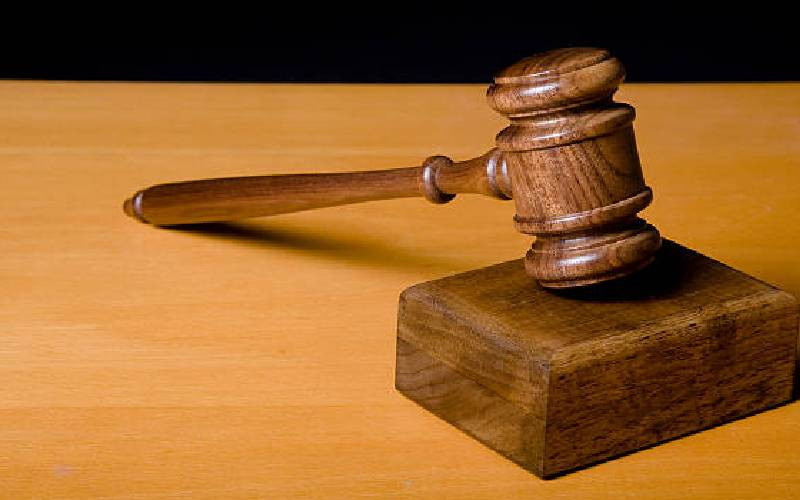×
The Standard e-Paper
Stay Informed, Even Offline

A battle over government funding of a children's lobby, the Child Welfare Society of Kenya (CWSK), and properties it owns has landed in court.
Bernard Odero, a lawyer, has sued CWSK, the Labour and Social Protection Cabinet secretary, and the Attorney General. He argues that the government should stop funding the organisation, and that it should be barred from dealing with at least 10 properties.